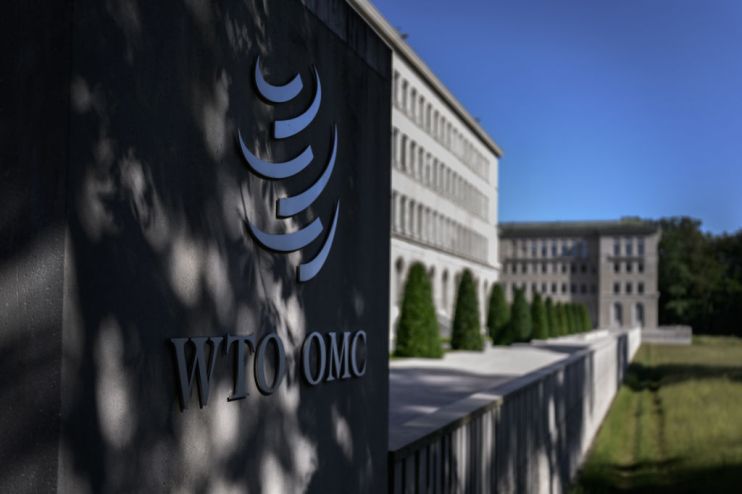WTO deputy director says crisis could lead to greater trade liberalisation

One of the heads of the World Trade Organisation (WTO) has said the coronavirus crisis could lead to greater unilateral trade liberalisation.
WTO deputy director general Alan Wolff said he was hopeful the crisis could spur countries on to drop trade tariffs as has happened after several economic crashes over the past century.
The coronavirus outbreak came in the middle of a damaging trade war between the US and China, which has seen Donald Trump place tariffs on almost $400bn worth of Chinese goods.
China retaliated by slapping tariffs on more than $100bn worth of American imports.
Some have also speculated that the pandemic could lead to countries adopting more protectionist stances, after the virus managed to spread to the furthest reaches of the globe.
However, Wolff told Wesminster’s international trade committee today that historically economic crises have often led to closer global trading partnerships.
Before the Open newsletter: Start your day with the City View podcast and key market data
He cited the Great Depression, and the 1971 and 1985 exchange rate crises as examples.
“So crises have often led, at least we have examples, of major times where a crisis has led to a better place, to international agreement,” Wolff said.
“Can we get this out of Covid-19? It’s difficult under current circumstances, but the world needs to recover and the world economy needs to recover.
“Is there anything we could do to boost that? Tariffs could be lowered.”
Wolff’s comments come as the UK and EU today both said that little progress was made in the latest round of Brexit trade negotiations.
UK negotiators have said they need to see a deal is possible before autumn, or they will walk away and prepare tto leave he transition period without a deal on 31 December.